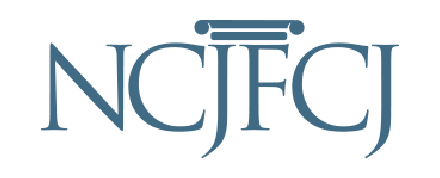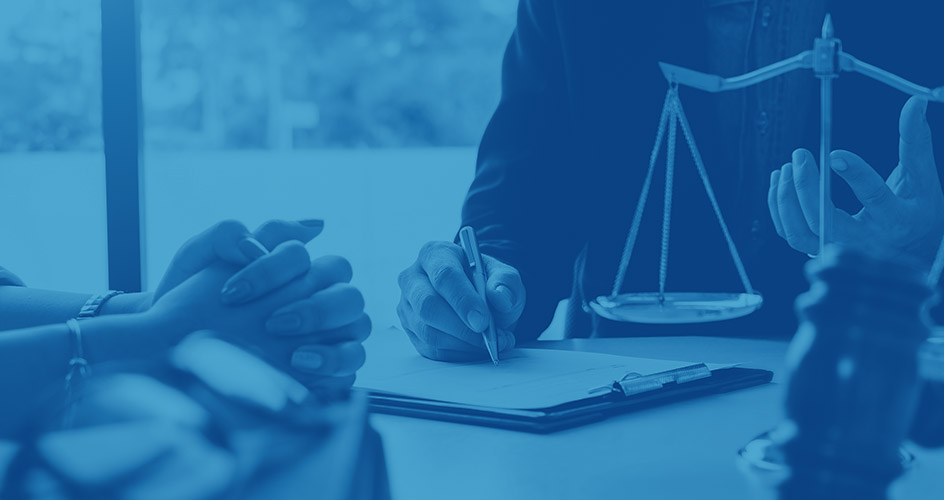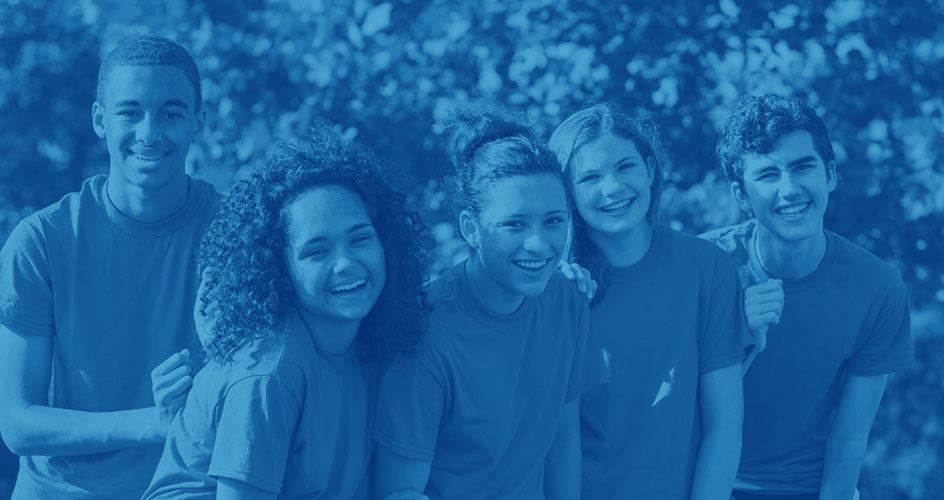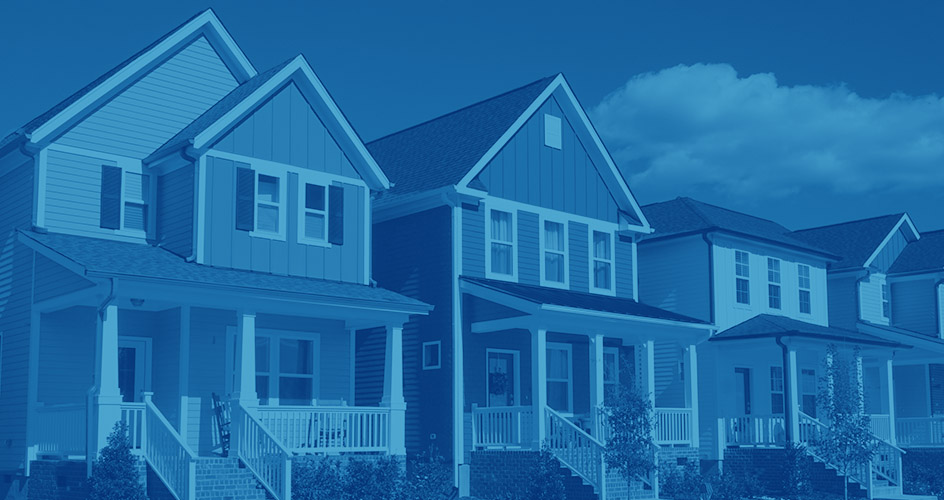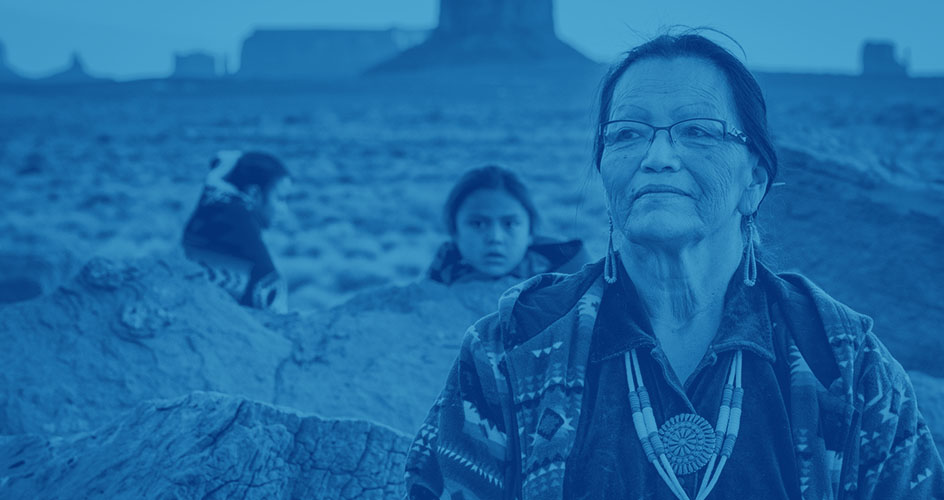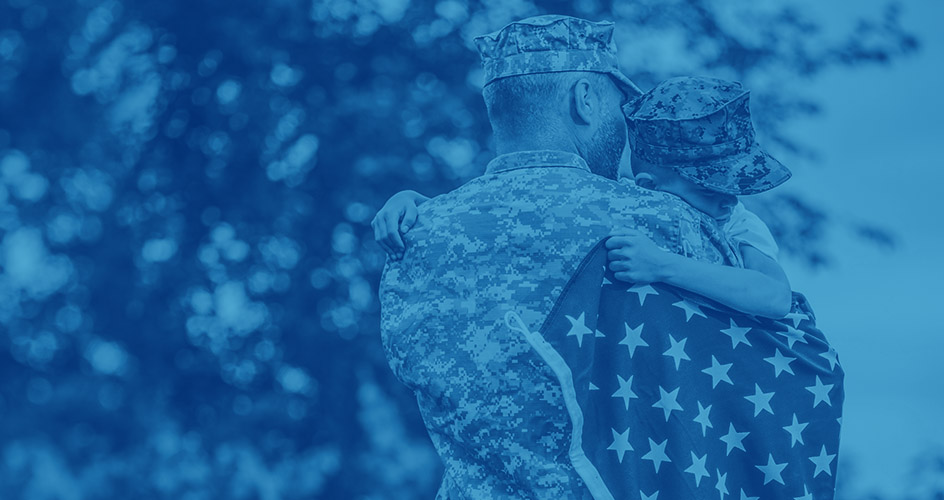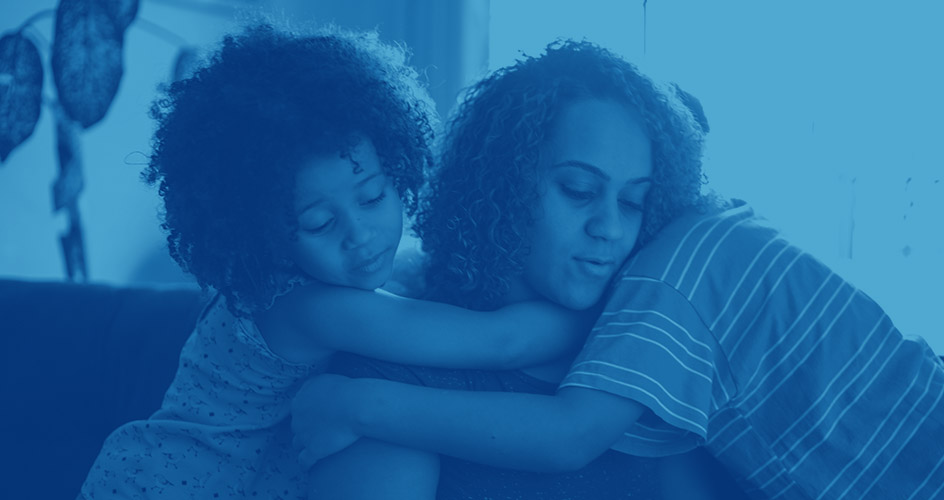Funding Toolkit » Technical Assistance » Treatment Courts
training and technical assistance
Treatment Courts

National Association of Drug Court Professionals
Website: https://www.nadcp.org/
Funder: U.S. Department of Justice (DOJ), Bureau of Justice Assistance (BJA)
The National Drug Court Institute (NDCI) delivers this technical assistance for the National Association of Drug Court Professionals. The National Association of Drug Court Professionals (NADCP) regularly publishes cutting-edge, research-based materials, including the groundbreaking Adult Drug Court Best Practice Standards. The association works to improve the response of the American justice system to people with substance use and mental health disorders. Resources are available through the website and training and technical assistance through the National Drug Court Institute, the National Center for DWI Courts, and Justice for Vets.
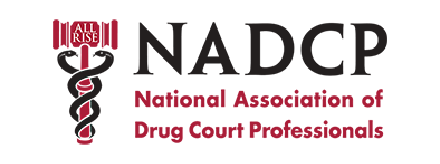
National Drug Court Resource Center
Website: https://ndcrc.org/
Funder: U.S. Department of Justice (DOJ), Bureau of Justice Assistance (BJA)
The University of North Carolina Wilmington supports the National Drug Court Resource Center (NDCRC). The NDCRC’s mission is to equip treatment court practitioners with various resources relevant to the field. The location of the NDCRC is the University of North Carolina Wilmington Social Science and Applied Research Center (UNCW SSARC) in Wilmington, North Carolina. The Center provides treatment court professionals with the information needed to design and implement programs that align with best-practice standards, expand and enhance court operations, and collect and analyze program data. NDCRC resources are featured on the website and include materials organized by court type, seminal readings for treatment court stakeholders, a calendar of professional development opportunities, moderated discussion board for all treatment court professionals, and more.

The Council of State Governments (CSG) Justice Center: Learning Sites and Mental Health Court Curriculum
Website: https://csgjusticecenter.org/projects/mental-health-courts/
Funder: U.S. Department of Justice (DOJ), Bureau of Justice Assistance (BJA)
The Council of State Governments (CSG) Justice Center d supports five mental health court learning sites across the country. It offers a free online multimedia curriculum for individuals and teams seeking to start, maintain, or learn about Mental Health Courts (MHCs).
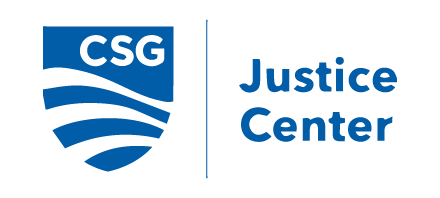
National Drug Court Institute Technical Assistance
Website: https://www.ndci.org/resource/training/
Funder: U.S. Department of Justice (DOJ), Bureau of Justice Assistance (BJA)
The National Drug Court Institute (NDCI) delivers this technical assistance. Technical assistance includes on-site workshops, webinars; remote assistance; strategic partnership development; coaching, and follow-up. Criteria for attending an in-person training include the formation of a planning committee and an online application. Technical assistance applications are available online for both BJA grantees and non-grantees.
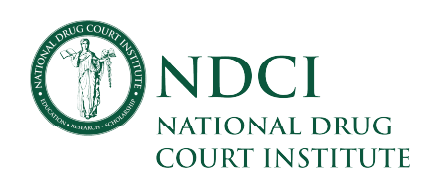
The National Center for DWI Courts (NCDC)
Website: https://www.dwicourts.org/resources/training/technical-assistance/
Funder: U.S. Department of Justice (DOJ), Bureau of Justice Assistance (BJA)
The National Center for DWI Courts (NCDC) provides technical assistance to courts interested in starting a DWI Court. Technical assistance can include one-on-one consultation by phone, conference calls, regional training presentations, and on-site visits by trained, expert consultants.
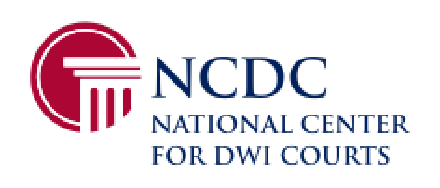
National Quality Improvement Center for Collaborative Community Court Teams
Website: https://www.cffutures.org/qic-ccct/
Funder: Administration on Children, Youth, and Families – Children’s Bureau
The Center for Children and Family Futures and its partners, the National Center for State Courts (NCSC), and Advocates for Human Potential (AHP) deliver this technical assistance. The National Quality Improvement Center for Collaborative Community Court Teams (QIC-CCCT) supports 14 demonstration sites. Consultant areas of expertise include attorney engagement, tribal courts, culturally appropriate services, prenatal substance exposure, early intervention, child development, collaboration with the medical community and practitioners, SUD treatment of pregnant women, including those with methamphetamine or opioid use disorders, and community collaboration with opioid-dependent pregnant women. A simple online form is required to request technical assistance.
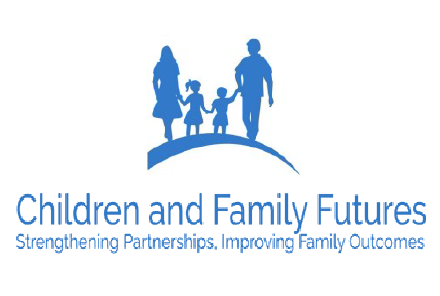
National Family Treatment Court Training and Technical Assistance (TTA) Program
Website: https://www.cffutures.org/national-ftc-tta-program/
Funder: U.S. Department of Justice (DOJ), Office of Juvenile Justice and Delinquency Prevention (OJJDP)
Children and Family Futures (CFF) manages the National Family Treatment Court Training and Technical Assistance (TTA) Program. Staff experts with specialized knowledge on improving collaborative practice and policy among the substance abuse, child welfare, Tribal, and family judicial systems are available to offer support. A simple online form is required to request technical assistance.
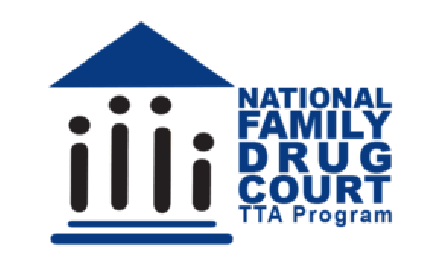
National Community Courts Program Training and Technical Assistance
Funder: U.S. Department of Justice (DOJ), Bureau of Justice Assistance (BJA)
The Center for Court Innovation manages the National Community Courts Program Training and Technical Assistance program which offers site-based training and technical assistance, including peer-to-peer site visits to model community courts for practitioners across the country; a network of mentor community courts; a community court grant program; community justice conferences; articles, multimedia products, webinars, and other resources on related topics. A simple online form is required to request technical assistance.
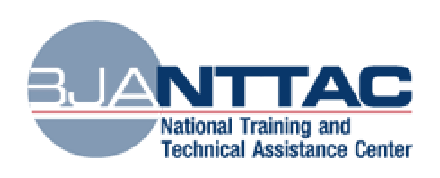
Capacity Building Collaborative Center for Courts
Website: https://capacity.childwelfare.gov/courts/about-courts/
Funder: Administration on Children, Youth, and Families – Children’s Bureau
The American Bar Association manages the Capacity Building Center for Courts which is part of the Children’s Bureau’s Child Welfare Capacity Building Collaborative. The Collaborative comprises three integrated Centers to serve Tribes, States, and Courts in building capacities to improve child welfare service delivery. Child Welfare Capacity Building Collaborative staff includes attorneys and social scientists selected to cover a wide range of knowledge and skillsets in change and innovation child welfare systems. The work of the Collaborative is to build capacity, enhance practice, and improve outcomes for children, youth, and families. Agencies can obtain services through the website by contacting the State Liaison in your region.
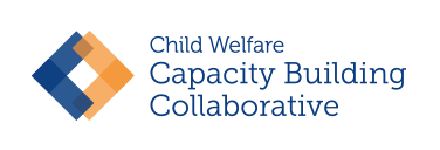
Juvenile Drug Treatment Court (JDTC) Information Center
Website: https://www.ncjfcj.org/child-welfare-and-juvenile-law/substance-use-and-opioids/jdtc/
Funder: U.S. Department of Justice (DOJ), Office of Juvenile Justice and Delinquency Prevention (OJJDP)
The National Council of Juvenile and Family Court Judges manages the Juvenile Drug Treatment Court Information Center. This Center provides visitors with multiple tools, resources, and publications on evidence-based practices that Juvenile Drug Treatment Court professionals can utilize for training, information-sharing, fidelity assessment, and strategic planning. To access assistance, you must create an online user account.
